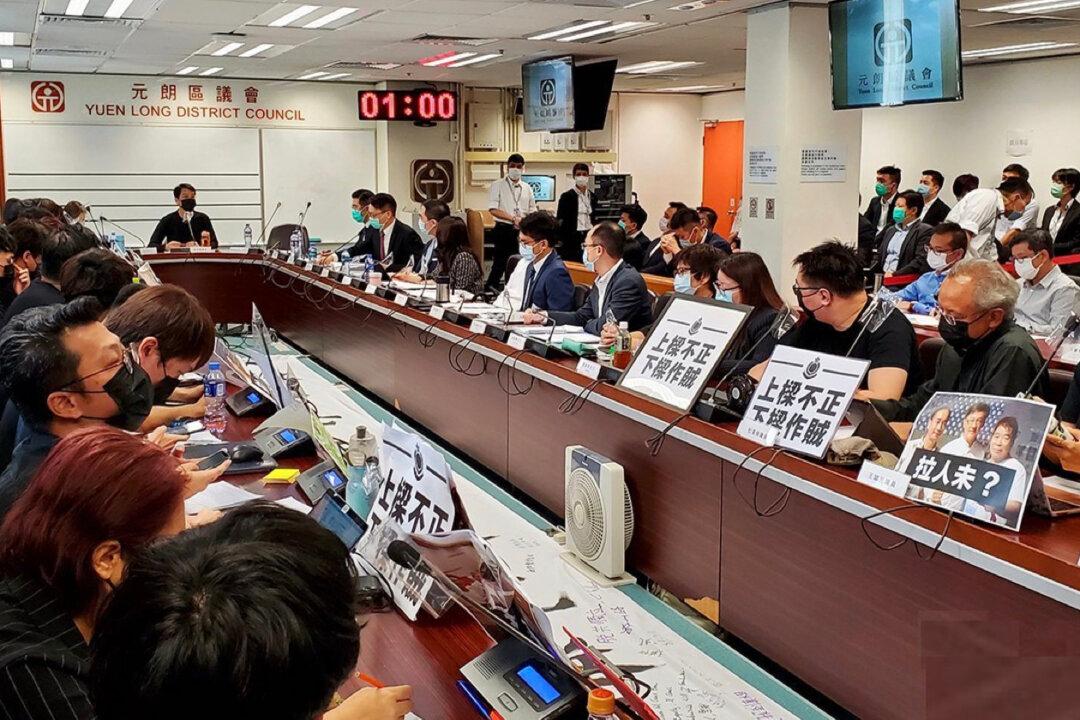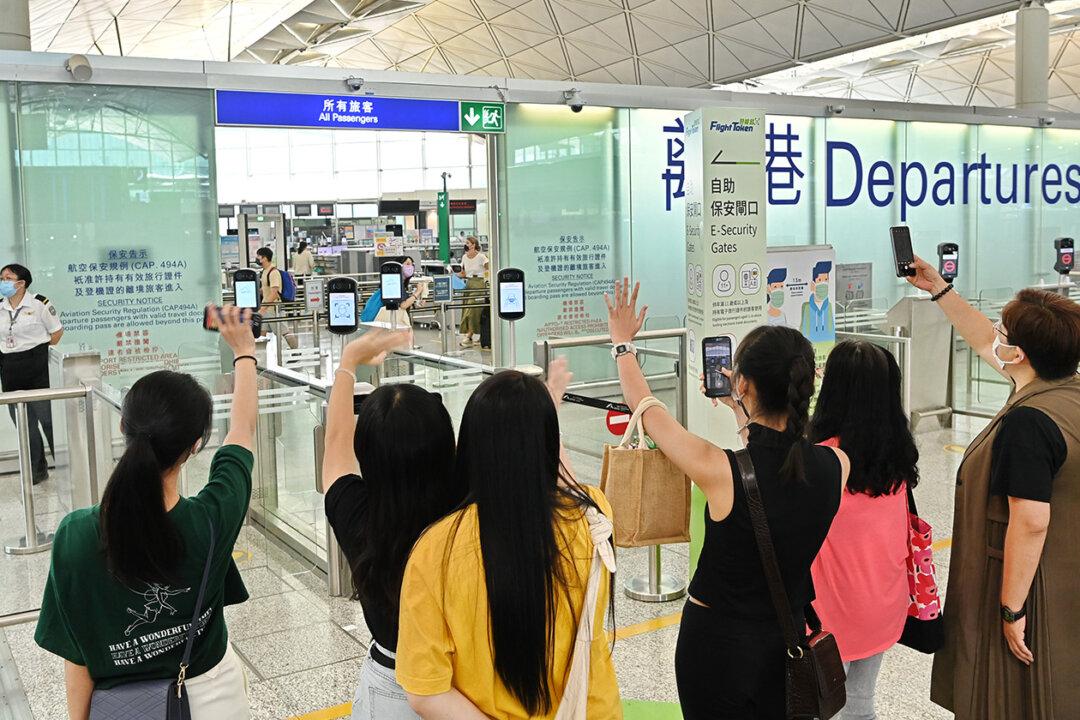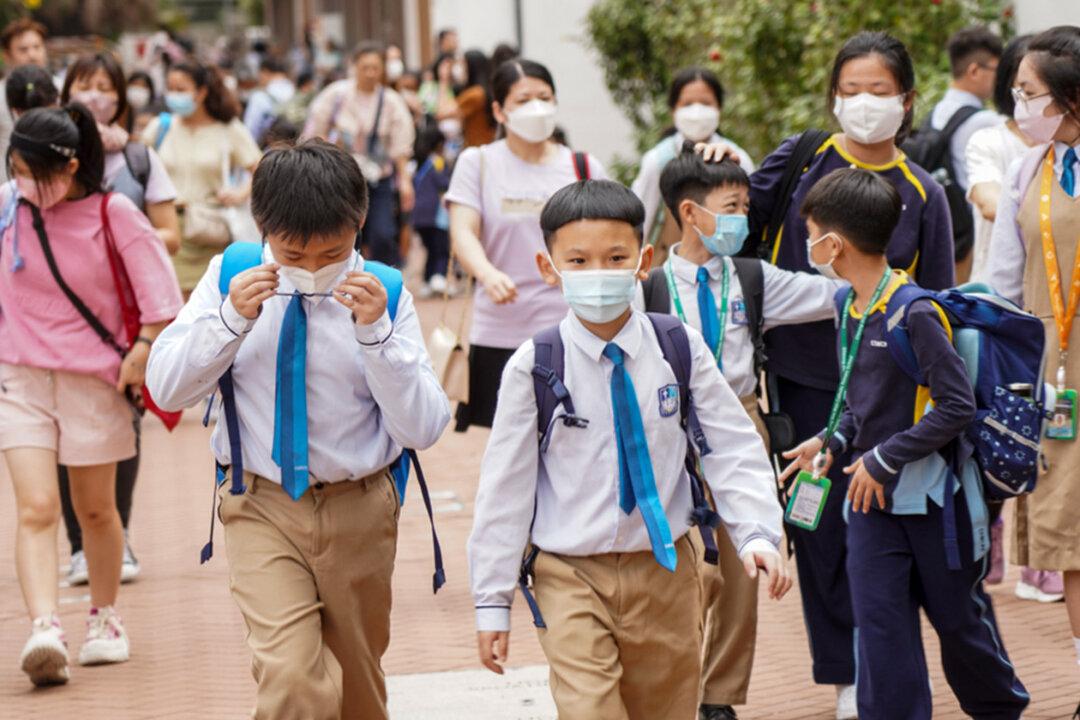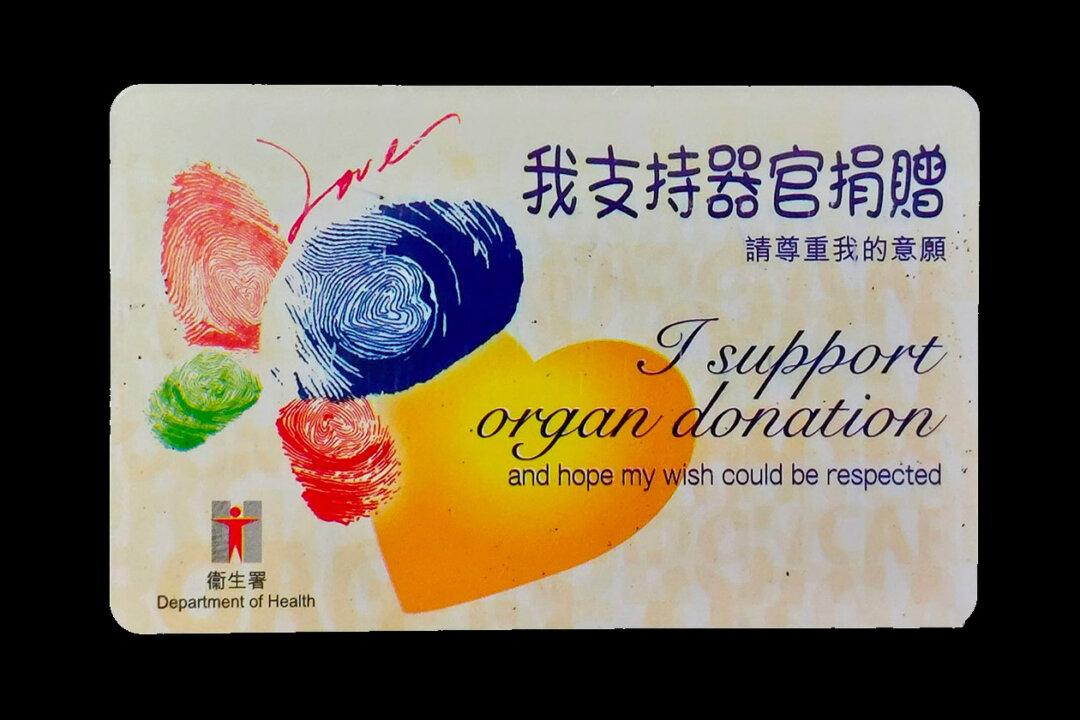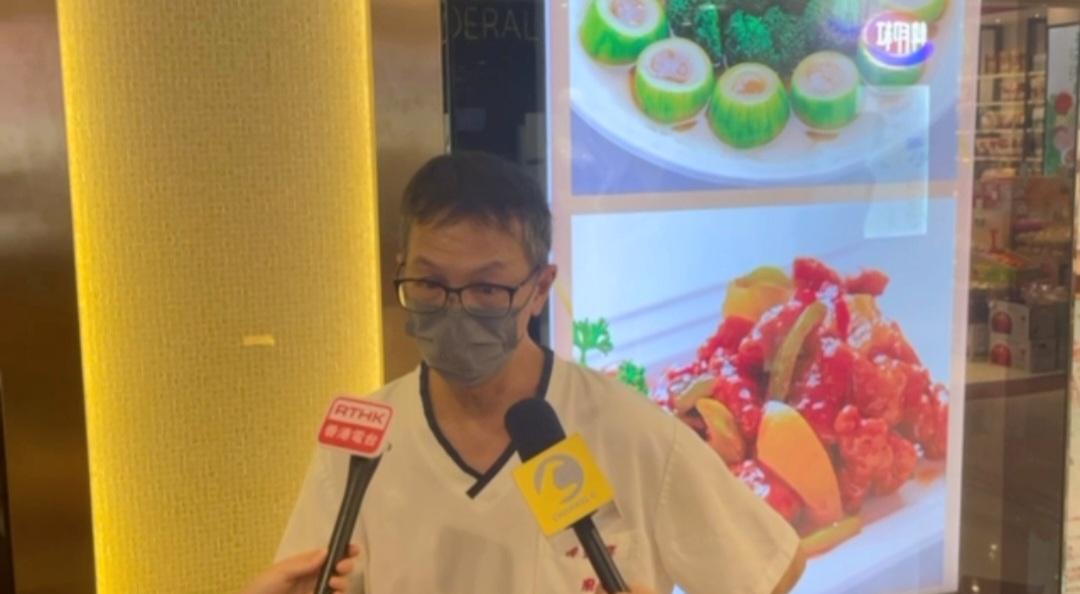The current term of the District Council of Hong Kong is due to end on Dec. 31, 2023. The Hong Kong government (HKgov) has hinted several times that a revamp of the Council might be on the way.
The New People’s Party, a pro-Beijing party, recently proposed that the number of directly elected seats of the District Council be cut to 20 percent, and the number of the indirectly elected and delegated seats be increased.
